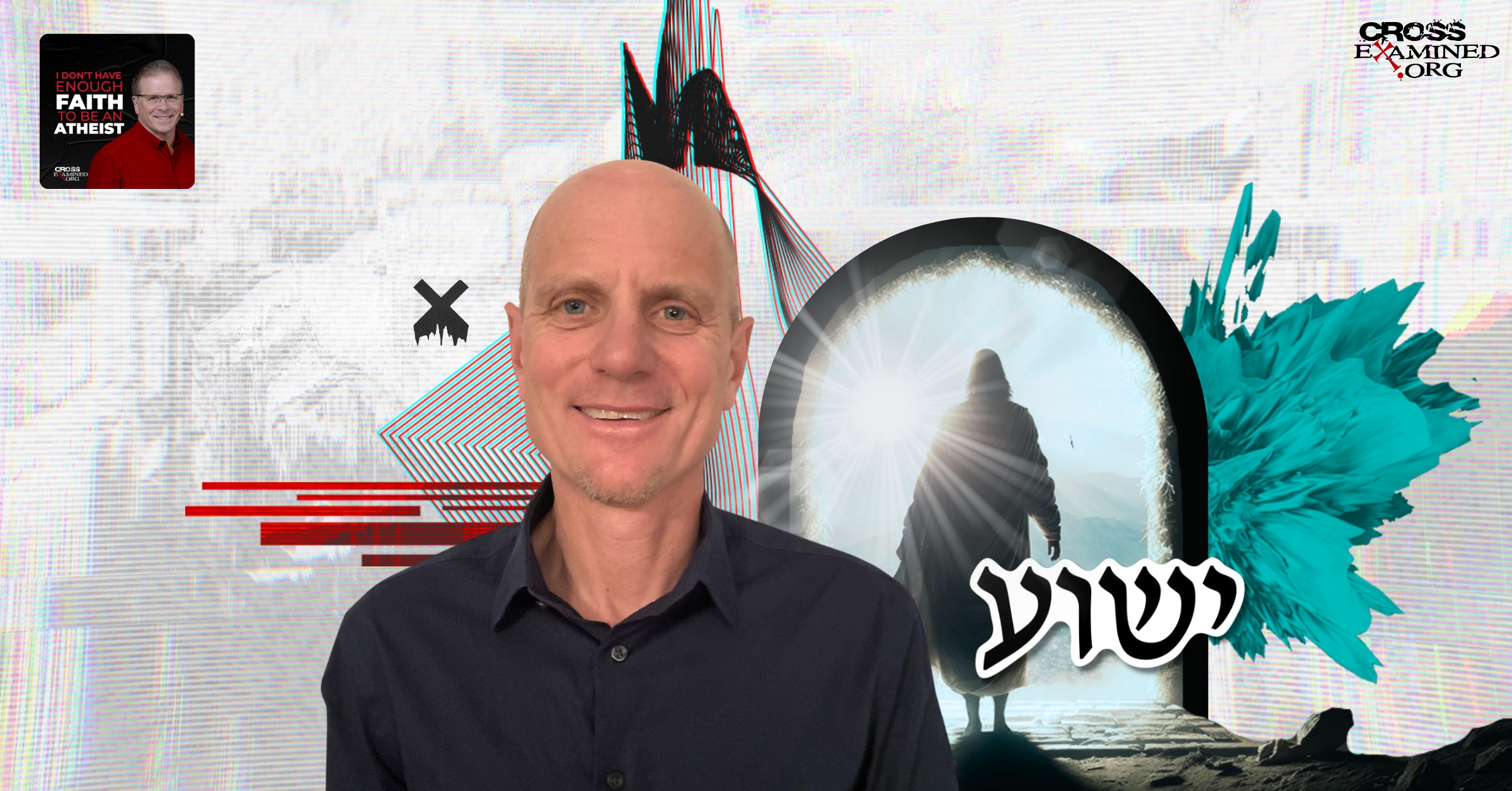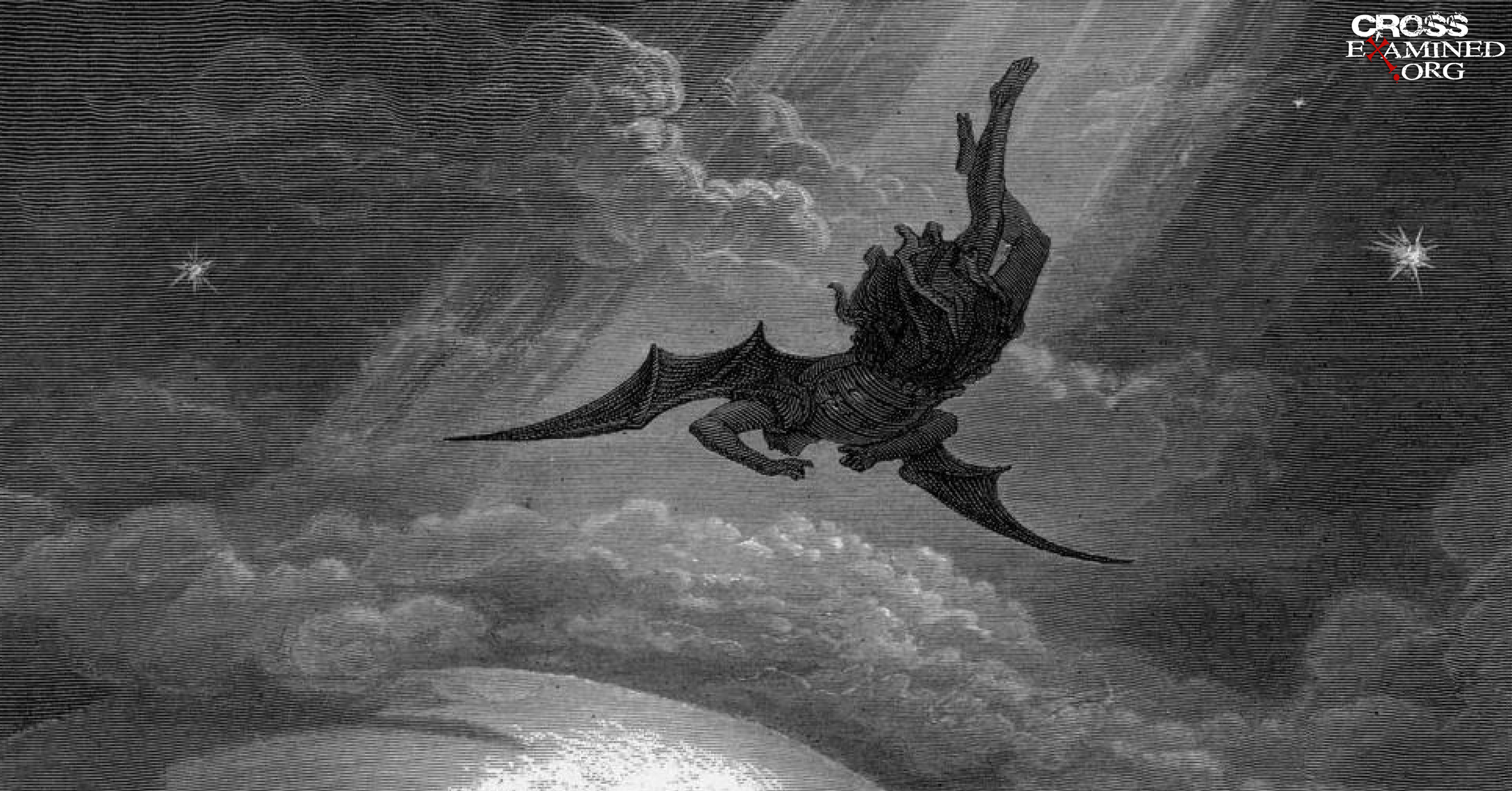Theistic Foundation of Science, part 1
By Ken Mann
Think Week: The Foundations of Science Found in Christian Theism, 1
What are the foundations of science? This series of posts will look at five presuppositions of science. These presuppositions cannot be established by science: Rather, they must be in place before science can even begin. There are others, but this series will be confined to those firmly rooted in Christianity. After describing the presuppositions, we will look at the explanations or grounding that can be found in the worldviews of Christianity and naturalism.
Five Presuppositions
A Real World
First, we must assume the physical world is in fact real. It exists independent of our perceptions or theories about it. This is in contrast to any worldview or religion that denies the existence of reality. If you believed everything you experienced as physical reality was merely an illusion, or a dream in the mind of God, or the product of a malevolent artificial intelligence, why would you bother to study it?
An Orderly World
Supposing there exists a real world that exists outside of our mental lives, why should we expect it to be reliable? This assumption is thoroughly ingrained into science. Science discovers “laws of nature” that are fixed descriptions of reality that cannot change or be violated. Further, any science that looks at the past (e.g., astronomy, cosmology or geology) requires whatever principles or laws of nature we discover today must have been the same in the past.
A Continuing World
“The sun will come out tomorrow…” or so goes that optimistic song from the musical Annie.
Really? Why are we so certain that is the case? The inferences everyone makes about the future being like the past are sometimes referred to as the uniformity of nature. Science, perhaps more than any other discipline relies on the truth of such inferences. If an experiment that confirms some law or principle worked yesterday, it will also work in the future.
An Understandable World
Given all of the assumptions above, there are still a few pieces missing. Is it possible to understand the world? This actually entails two assumptions that work together to make science possible. First, do our senses and minds accurately perceive reality? How do we know that is the case? One could argue we can trust our senses because everyone seems to perceive the same phenomena. However, that would only demonstrate the uniformity of human experience, not the accuracy of our perceptions. A further and related assumption is whatever order or structure we assume exists in nature is accessible and comprehensible to the human mind.
An Expressible World
The fifth and final presupposition we will consider relates to the capacity of mathematics to
describe the world. The laws of nature were written in the language of mathematics. This sentiment is attributed to Galileo but is far more mysterious today than Galileo could have imagined. While this topic alone could encompass an entire paper, allow me to make an observation and offer an example to explain this assumption.
The type of mathematics in view here is not the geometry of Euclid or the algebra refined by the ancient Muslim world. Rather, we are referring to a rigorous system of thought, which is completely abstract. For example, we exist in a world with three physical dimensions. In contrast, mathematics can describe and manipulate conceptual systems that have almost innumerable dimensions. It is simultaneous beautiful to the practitioner and impenetrably complex to the uninitiated.
An example of applied mathematics, really an entire class of examples, is the numerous times that abstract mathematical concepts like symmetry have not only described experimental results but have even guided experimental research.
Why is such a correspondence possible? Arguably, the history of science is built upon the success and coherence of mathematics describing aspects of physical reality. This was an assumption from the beginning of science that continues to be foundational to the nature of science.
In the next post, we will consider how these presuppositions are explained or grounded within Christianity and the worldview of naturalism.
Biography
Carlson, Richard F., Wayne F. Frair, Gary D. Patterson, Jean Pond, Stephen C. Meyer, and
Howard J. Van Till. Science & Christianity: Four Views. Downers Grove, IL: IVP Academic, 2000.
Collins, C. John. Science and Faith: Friends or Foes?. Wheaton, IL: Crossway Books, 2003.
DeWeese, Garrett J. Doing Philosophy as a Christian. Downers Grove, IL: IVP Academic, 2011.
Deweese, Garrett J. Philosophy Made Slightly Less Difficult: A Beginner’s Guide to Life’s Big
Questions. Downers Grove, IL: Intervarsity Press, 2005.
Gould, Stephen Jay. Rocks of Ages: Science and Religion in the Fullness of Life. New York, NY: Ballantine Books, 1999.
Hume, David. “The Project Gutenberg eBook of An Enquiry Concerning Human Understanding.” http://www.gutenberg.org/files/9662/9662-h/9662-h.htm (accessed April 14, 2015).
Moreland, J. P. Christianity and the Nature of Science: A Philosophical Investigation. 2nd ed.
Grand Rapids, MI: Baker Book House, 1999.
Moreland, J. P., and William Lane Craig. Philosophical Foundations for a Christian Worldview. IVP Academic, 2003.
Numbers, Ronald L. Galileo Goes to Jail and Other Myths about Science and Religion. 1st ed.
Cambridge, MA: Harvard University Press, 2009.
Pearcey, Nancy. The Soul of Science: Christian Faith and Natural Philosophy. Wheaton, IL:
Crossway Books, 1994.
Stark, Rodney. For the Glory of God: How Monotheism Led to Reformations, Science, Witch-
Hunts, and the End of Slavery. Princeton: Princeton University Press, 2004.












Leave a Reply
Want to join the discussion?Feel free to contribute!